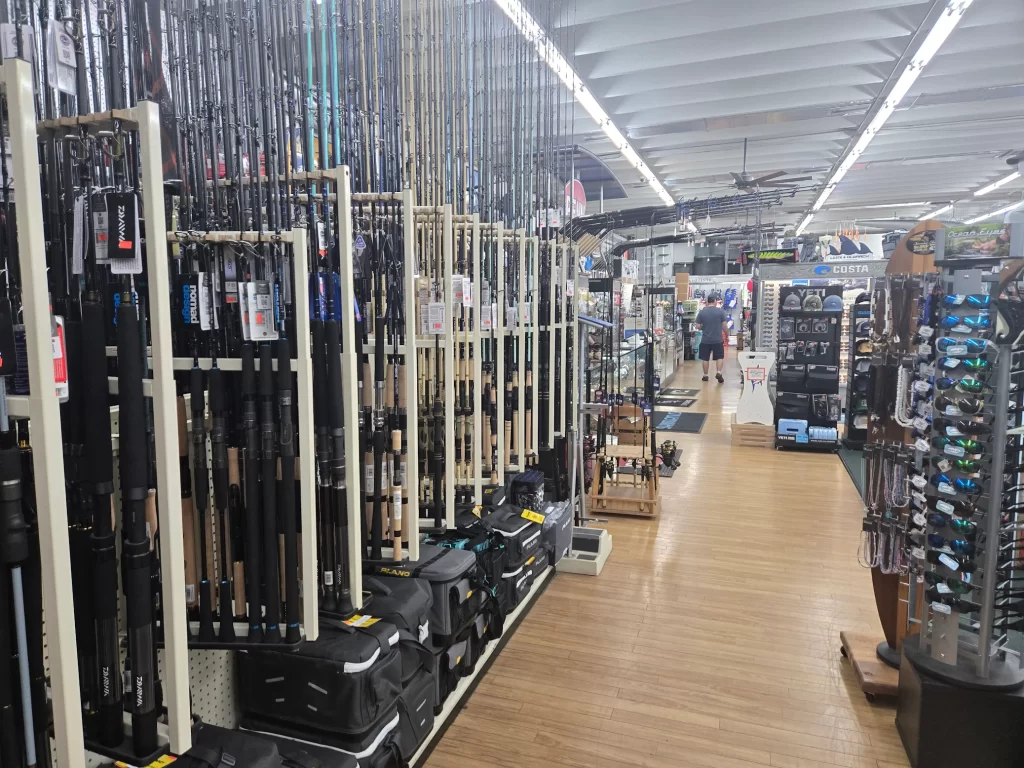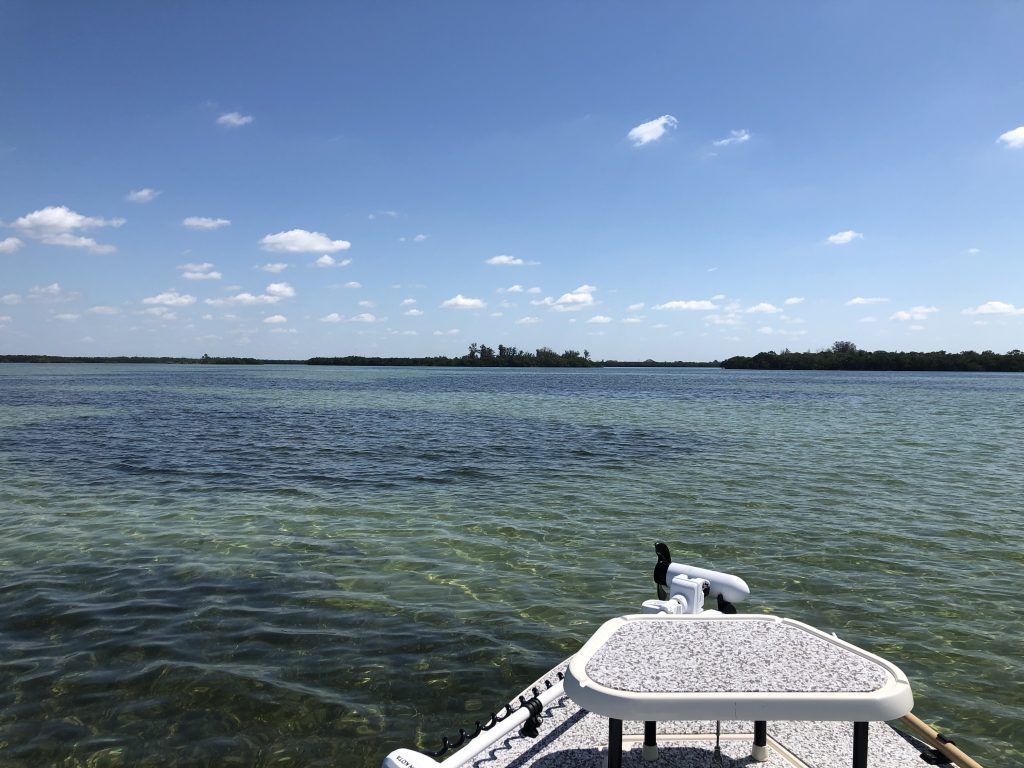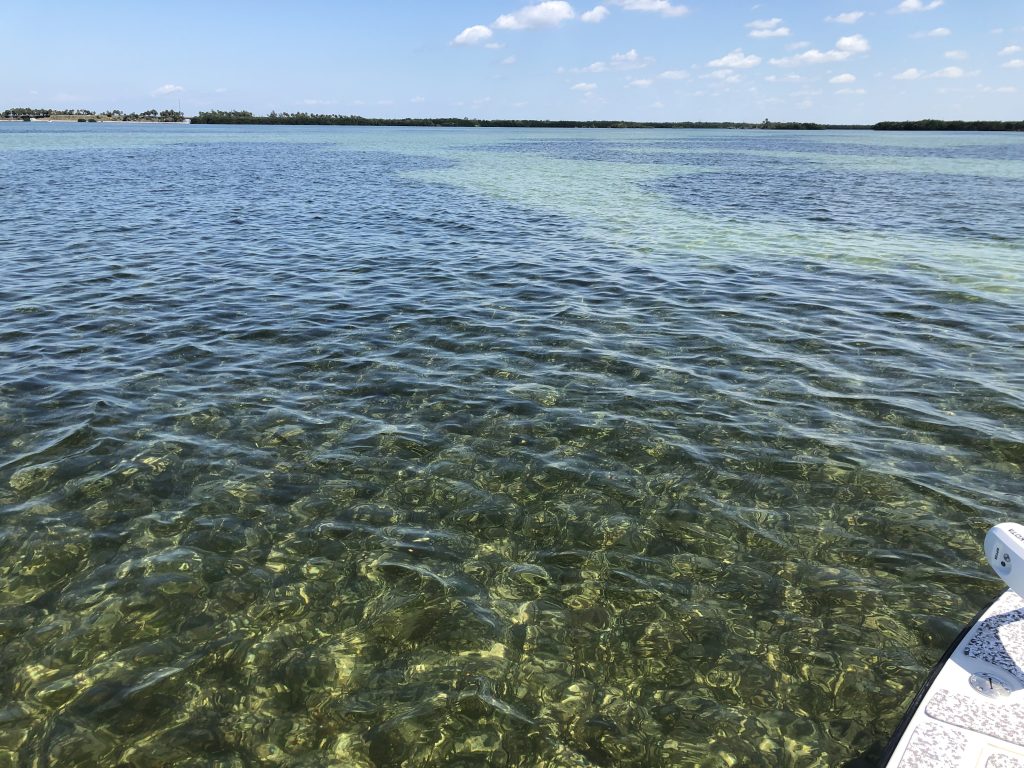 Lake Okeechobee is the largest freshwater lake in Florida. It is one of the oldest landmarks that has provided Florida residents and visitors alike with numerous outdoor activities including fishing, boating and trail hiking. This wonderful natural watershed is in dire straits due to a reoccurring toxic algae bloom problem. The causes of this toxic algae are disputed but the symptoms are not. Fish, oyster beds and all manner of marine life that calls Lake Okeechobee are suffering.
Lake Okeechobee is the largest freshwater lake in Florida. It is one of the oldest landmarks that has provided Florida residents and visitors alike with numerous outdoor activities including fishing, boating and trail hiking. This wonderful natural watershed is in dire straits due to a reoccurring toxic algae bloom problem. The causes of this toxic algae are disputed but the symptoms are not. Fish, oyster beds and all manner of marine life that calls Lake Okeechobee are suffering.
Lake Okeechobee’s Important Role
Lake Okeechobee’s troubles are alarming because of the important role it plays to Florida’s ecosystem, local businesses, and the nation at large. Lake O’ good soil and fair climate has made it an important crop producer for the country with citrus and sugar taking the lead. It supports a wide range of wild animals, both marine and land living, and at the north end provides ample grazing that drives a robust dairy industry.
Phosphorus’ Relationship to Algae
Unfortunately with the development of agriculture close to Lake Okeechobee came the issue of common enriching nutrients used in modern farming that include nitrogen and phosphorous. These chemicals are used to further encourage healthy plant grown and soil health. The picture is not all roses however as these same chemicals have the unintended consequences of causing toxic algae blooms in nearby bodies of water. The same characteristics of encouraging grown in cultivated plants carries over to the usual tame growth of algae in water. They cause a spike in natural levels of algae that can outpace the water’s natural ability to contain algae’s progression.
Solving the Toxic Algae Problem
There are conflicting thoughts on what to do about Lake Okeechobee’s toxic algae issue. Some suggest the federal government should step in alongside the state government to regulate the phosphorous runoff from nearby farms. Others point to solutions such as widening dikes to give the lake more area to cover reducing pressure from size reduction. The importance of Lake O demands that this issue is addressed as soon as possible. Businesses, people, and the environment are suffering as these algal blooms become more and more common.
Economy Tackle/Dolphin’s Paddlesports’ very own Ashley Doot has started a petition to help address this issue. We encourage you to take a moment to support her efforts by adding your voice to this petition that can be found via this link.
For more information call Economy Tackle/Dolphin Paddlesports, at (941) 922-9671 or send us a quick message by clicking here!





